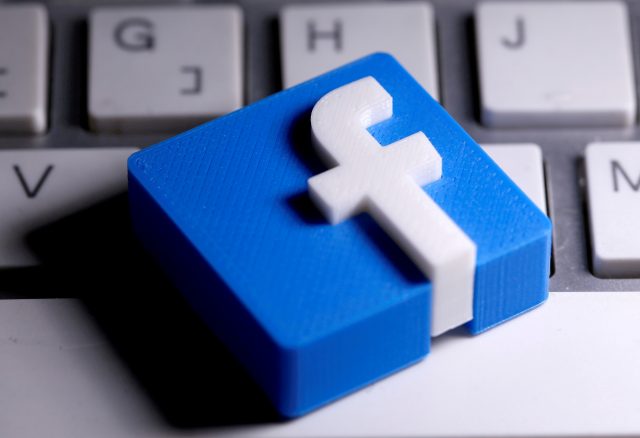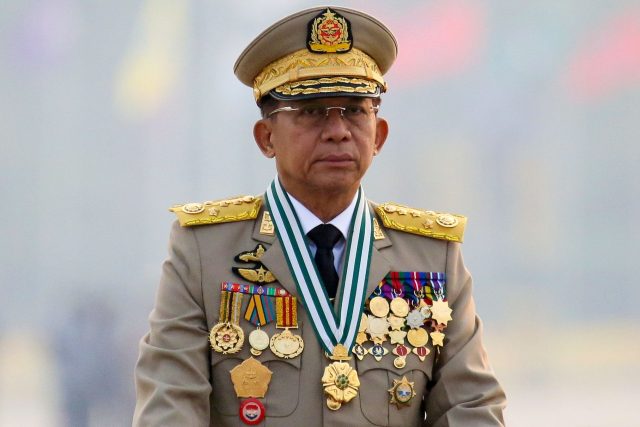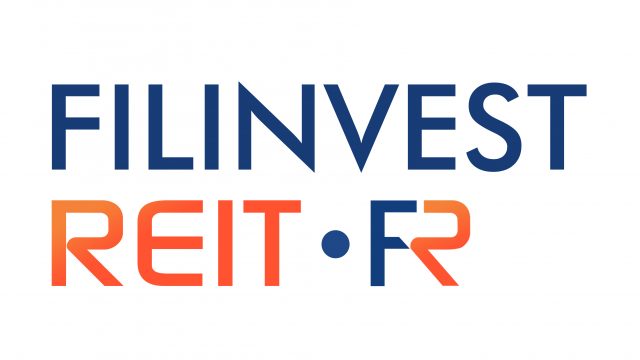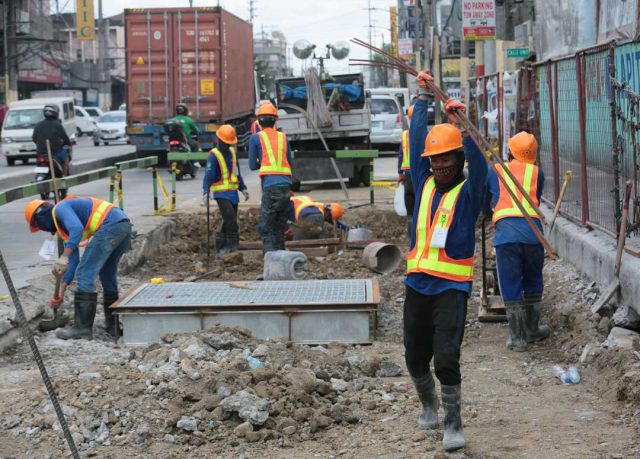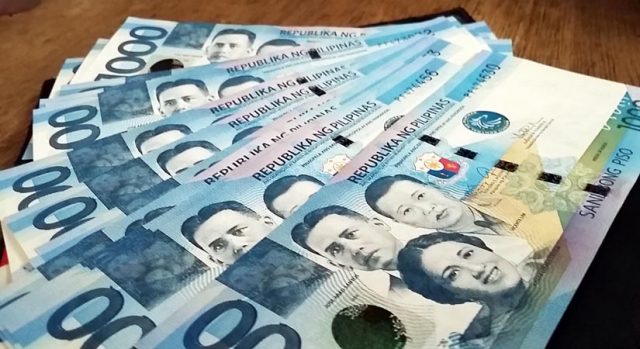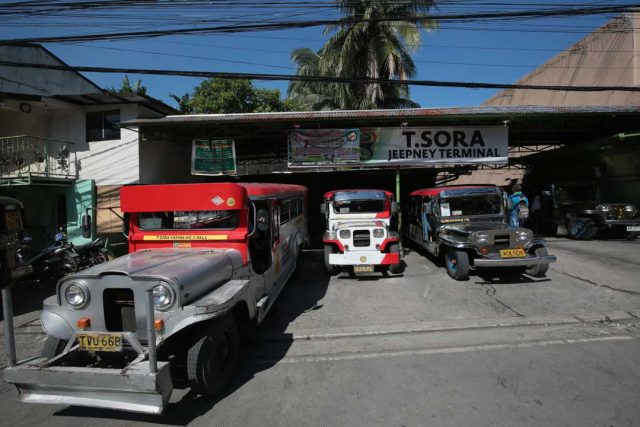Five key takeaways from the leaked Facebook documents
Facebook has been struggling to attract younger users for more than a decade, and some senior employees are alarmed over the company’s inability to keep teens engaged. When asked by analysts about growth prospects, Facebook executives frequently paint a rosier picture than the one depicted by internal research, a whistle-blower alleges.
Those are just some of the findings outlined in a cache of disclosures made to the U.S. Securities and Exchange Commission by Frances Haugen, a former Facebook product manager, and provided to Congress in redacted form by her legal counsel. A consortium of 17 U.S. news organizations, including Bloomberg, has obtained the redacted versions received by Congress.
The documents provide rare, vivid insight into ways Facebook, under the guidance of Chief Executive Officer Mark Zuckerberg, created a Silicon Valley social media behemoth that — while frequently posting lavish sales and profit gains — has also faltered in its mission to give users the tools they need to build community and bring the world closer together.
In its own defense, Facebook points to new products and services it is developing to attract younger users; it notes that hate speech represents well under 1% of overall content on its platform and is declining; it says that it uses research, hypothetical tests and other methods to analyze how it recommends content and improve on efforts to curb the spread of harmful content. Facebook also contends that it has made adequate disclosures concerning growth and that the documents Haugen shared with the SEC represent a “curated selection” that “can in no way be used to draw fair conclusions about us.”
Even so, the company’s missteps are beginning to take a toll. The documents chronicle worsening morale among some staff and disagreements over the best way to combat bad content; Facebook’s shares have lost more than 10% since the Wall Street Journal began publishing stories based on the whistle-blower’s documents; and lawmakers, already weighing legislation that would rein in Facebook’s power, are calling for even more stringent oversight.
Other insights gleaned from the documents, researchers and people familiar with Facebook, including current and former employees:
- Facebook executives have long known that the platform’s hate-speech problem was bigger and more entrenched than the company discloses. While Facebook prioritizes rooting out violence and hateful content in English-speaking Western nations, it neglects developing regions that are more vulnerable to real-world harm from negativity on social media.
- A Facebook team tasked with stemming the flow of harmful posts was hamstrung by a lack of staffing, limits placed on its product development and the platform’s engagement-focused algorithm that often ends up promoting content that can be false and divisive.
- Facebook staff who study misinformation have concluded that the social network’s core products contribute to the spread of harmful material, and the company’s own efforts to quell misinformation are sometimes undermined by political considerations.
- In 2019, Facebook set up a test account in India to determine how its tools affect people in its most important market; within three weeks, the fictional user’s account devolved into a maelstrom of fake news and incendiary images.
- Facebook’s own staff, including internal researchers, faulted the company for failing to thwart the proliferation of groups that fomented violence on Jan. 6.
Here’s a selected list of takeaways from The Facebook Papers from other publications:
- The ubiquitous “Like” button and the ability to share posts became essential to Facebook’s identity. But internal documents show the company is struggling to deal with the effects of those tools, including amplifying hate speech and misinformation, the New York Times reported.
- Chief Executive Officer Mark Zuckerberg personally agreed to comply with demands from Vietnam’s ruling Communist Party to censor anti-government dissidents or risk getting knocked offline in one of Facebook’s most lucrative Asian markets, the Washington Post reported.
- Facebook has a multi-tiered system of sorting countries that receive extra protection during elections, with the U.S., India and Brazil getting the highest priority while others get very little protection unless material is escalated by contentmoderators, The Verge reported.
- The leaked Facebook documents offer a treasure trove of insight into Washington’s antitrust war against the company, according to Politico. The papers show in granular detail that Facebook knows it dominates the arenas it considers central to itsfortunes — contradicting the company’s own public assertions and providing potential fuel for antitrust authorities and lawmakers scrutinizing Facebook’s sway over the market. — Bloomberg

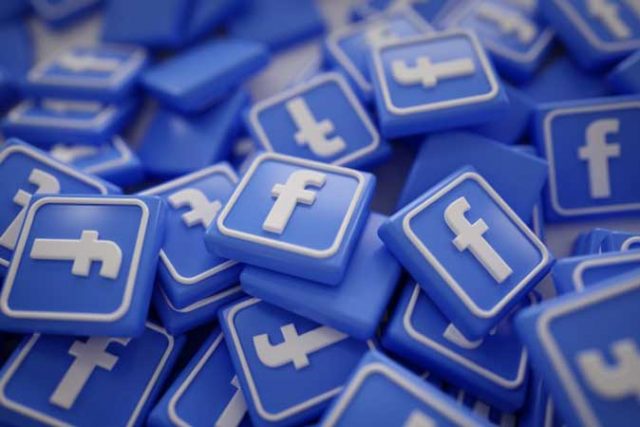
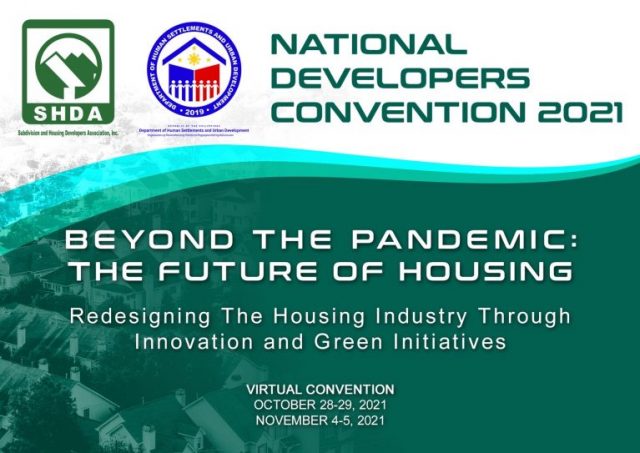
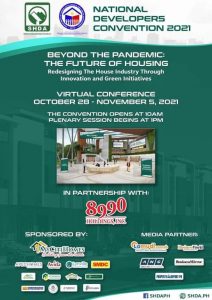 The virtual convention will be delivered via a customized microsite containing offerings and elements that will be educational for all delegates and participants. SHDA invites all the people involved in the housing development sector to join them in the event.
The virtual convention will be delivered via a customized microsite containing offerings and elements that will be educational for all delegates and participants. SHDA invites all the people involved in the housing development sector to join them in the event. According to Rosie Tsai-Wang, SHDA Chairman, “Our key partner agencies: DHSUD, Pag-IBIG BOI and ARTA are committed to resilient building for better homes and process innovations to streamline regulatory choke points. Our speakers will highlight these themes and provide our audience with other important developments in the housing industry.”
According to Rosie Tsai-Wang, SHDA Chairman, “Our key partner agencies: DHSUD, Pag-IBIG BOI and ARTA are committed to resilient building for better homes and process innovations to streamline regulatory choke points. Our speakers will highlight these themes and provide our audience with other important developments in the housing industry.”
